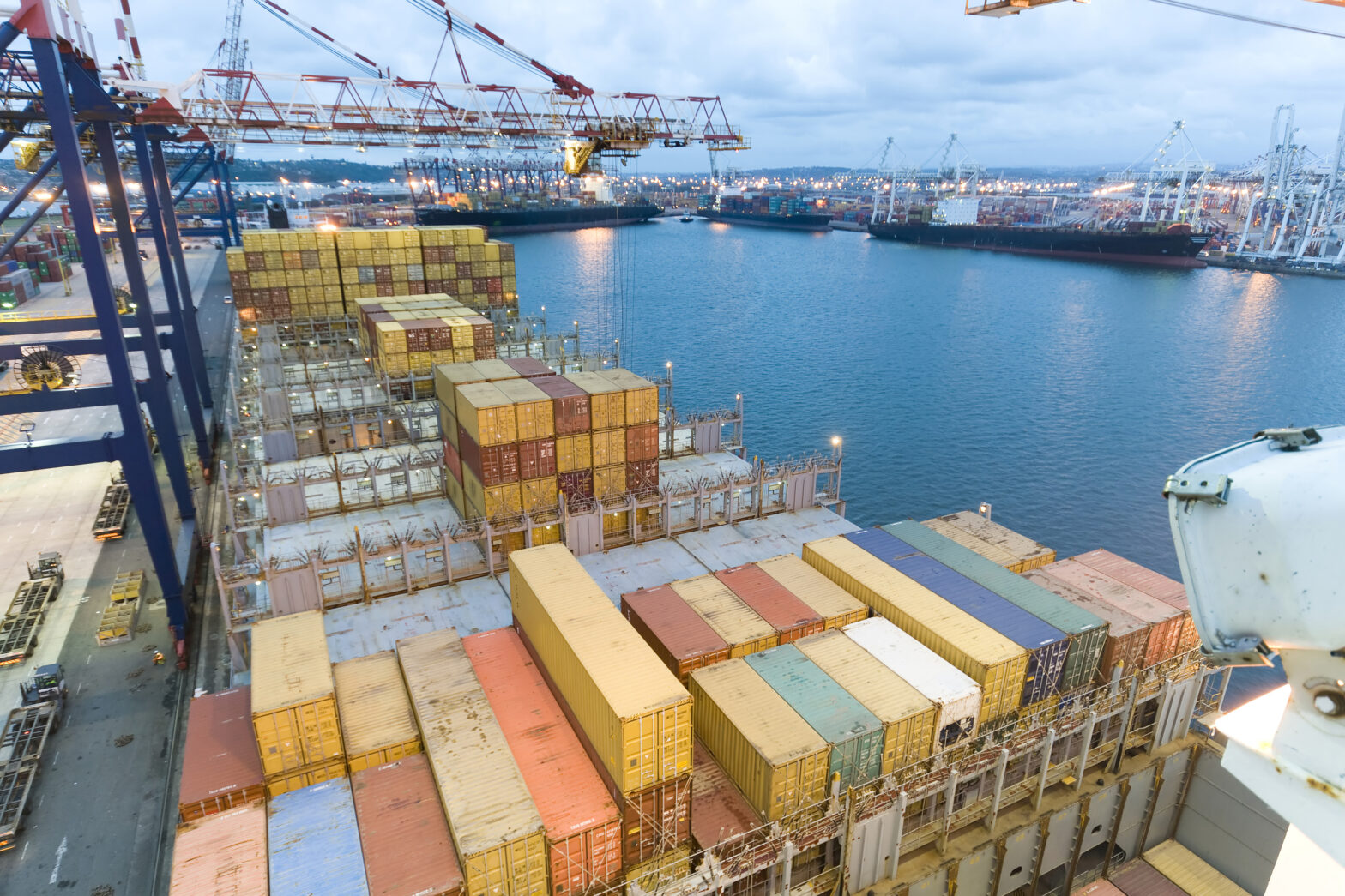With Britain’s withdrawal from the European Union on the horizon, small businesses are at a critical juncture when it comes to international trade.
Since the EU referendum, the weaker pound has made UK products more affordable for overseas buyers, boosting international demand and encouraging many small businesses to increase their exports. Yet given the uncertainty around Brexit, many British businesses have been inspired to look beyond the EU and export to less familiar territories.
There’s a world of trade opportunities out there. Here, we’ve lined up some of the most attractive, along with some key considerations for those looking to take the leap:
1. The USA
The US is the world’s largest, most competitive, and most technologically advanced market for doing business. In fact, in a recent survey of small businesses involved in international trade, OFX found that 62% are planning to start or increase trade with the US in the next year alone – making it the single most attractive market for British SMEs today.
In recent months, the US dollar has been fairly weak. However, the Federal Reserve looks likely to raise interest rates before the end of the year, which could see the dollar strengthen in response – good news for British exporters, whose goods will become even more competitively-priced for US buyers.
TOP TIP: When the dollar strengthens, think about locking in your preferred exchange rate through a forward contract, a tool that allows you to purchase currency at the current rate for delivery at a later date. A forward contract can maximise the benefits of a favourable exchange rate for up to twelve months, and means you’ll know exactly how much revenue you’ll be bringing home from the US. As it’s a specialist tool, it’s best to speak to an expert payments provider to explore your options.
2. Australia
Australia avoided the recession seen since 2008 in almost every Western market, and has experienced steady growth every year since 1991 – giving it the longest uninterrupted expansion seen anywhere in modern history. As a result, it’s a safe bet for any British exporter looking to tap into healthy consumer spending.
Perhaps surprisingly, the consumer market typically lags 4-5 years behind the UK, so there’s a huge opportunity for UK exporters to be first-to-market or get an easy advantage over domestic offerings.
Amazon, live in the UK for nearly 20 years, is now finally launching in Australia – a huge milestone for the market, and a real opportunity for online sellers to break into a country that may previously have seemed prohibitive due to logistics. Amazon is also launching Fulfilment by Amazon, which means UK sellers can keep prices down for consumers by storing goods on the ground for cost-effective distribution.
TOP TIP: Have you read up on local laws and regulations? Like the US, Australia is an open market, with minimal restrictions on the import of goods and services. But it’s worth reading up on the details to avoid any potential niggles. Some regulations vary state by state, while imports worth over $1,000 necessitate a customs declaration that requires the importer to pay tax, duty, and an import processing fee. If you’re unsure about the details, take a look at the latest guidance from the Department for International Trade.
3. Hong Kong
As a free port, Hong Kong charges no tariff on goods imported into the territory. Attractive in its own right, it also has one huge advantage – it’s a great springboard into China, thanks to the Closer Economic Partnership Agreement (CEPA) which allows preferential access to the Chinese market.
Generally speaking, “Brand Britain” is highly prized here, with consumers keen to buy into the ‘made in Britain’ hallmark – something that coincides with a powerful and growing appetite for luxury goods.
However, consumer behaviours are also very different here, so you need to do your research to understand who you’re selling to and how you plan to get their attention. Facebook and Google are barred in China, for example, so WeChat is one of the key platforms businesses need to embrace to successfully market and promote their products.
TOP TIP: Think about how you’ll be noticed in Hong Kong and China. If you’re unsure about cracking the market, there are specialists who can help you to identify the best ways to market and position your products – something that’s highly advised, given the local nuances in consumer behaviour.
4. India
India is an enormous economy with a huge brand-conscious youth population and a rising affluent middle class. The opportunities are obvious for British exporters, but India is also a nuanced market which requires a lot of patience and a long-term strategy to be successful.
Fortunately, India’s economy and the Indian rupee have become very resilient to geopolitics and recent natural disasters. However, the country’s two biggest trading partners are China and the US, so should current tensions escalate with North Korea, India may be forced to choose between the politically-polarised nations – and this could have a destabilising effect on the rupee.
Given this context, a tailored currency strategy is a smart way forward. It’s also worth looking at the rates your payments provider offers you on pound-to-rupee transfers. Though this is a popular currency corridor, many providers offer poor rates and slow settlement times, so it’s key to shop around.
TOP TIP: Given the size and complexity of the Indian market, it makes sense to consult with an expert body like the UK India Business Council before moving ahead. Their website can connect you with opportunities from Indian buyers, as well as offering clear advice on the best way to enter the market.
5. Canada
Canada has a stable political environment and a strong record of economic growth, making it a great prospect for small British businesses across sectors. In fact, the UK exported £8.2 billion of goods and services to Canada in 2016, making it one of our biggest export markets outside the EU.
Encouragingly for British businesses, Canadian PM Justin Trudeau recently issued a statement committing to talks with the UK on a future trade partnership post-Brexit. This makes Canada an attractive prospect for long-term trade, should favourable trading terms materialise from negotiations.
Businesses should be aware that, like the US and Australia, Canada’s government has a federal structure which means that business activities and taxation are affected by regulation and laws at federal, provincial and municipal levels. It’s also a huge country – the world’s second largest by area. As a result, it’s often easier to start by exporting to one province, establishing a strong presence there before rolling out more widely.
TOP TIP: When exporting to a new market like Canada, you need to be a legal eagle. Read up on local regulations to ensure you are fully compliant and have all the necessary certifications. For example, all products sold in Canada must have full product information in both French and English – so if you haven’t already updated your labels, now’s the time to do it.
This summer, a study commissioned by OFX revealed that 48 per cent of small British businesses have already taken advantage of the weak pound to grow their overseas sales since the referendum.
The road ahead
While not all SMEs supported the leave vote, the majority are optimistic about international trade post-Brexit. This optimism and entrepreneurialism has allowed the UK’s small businesses to adapt swiftly to a changing market, and to turn a weak pound into a real opportunity.
While the UK negotiates its exit from the EU, we expect to see more of the same, as SMEs look to do business outside the single market.
Jake Trask is FX research director at international payments company, OFX





